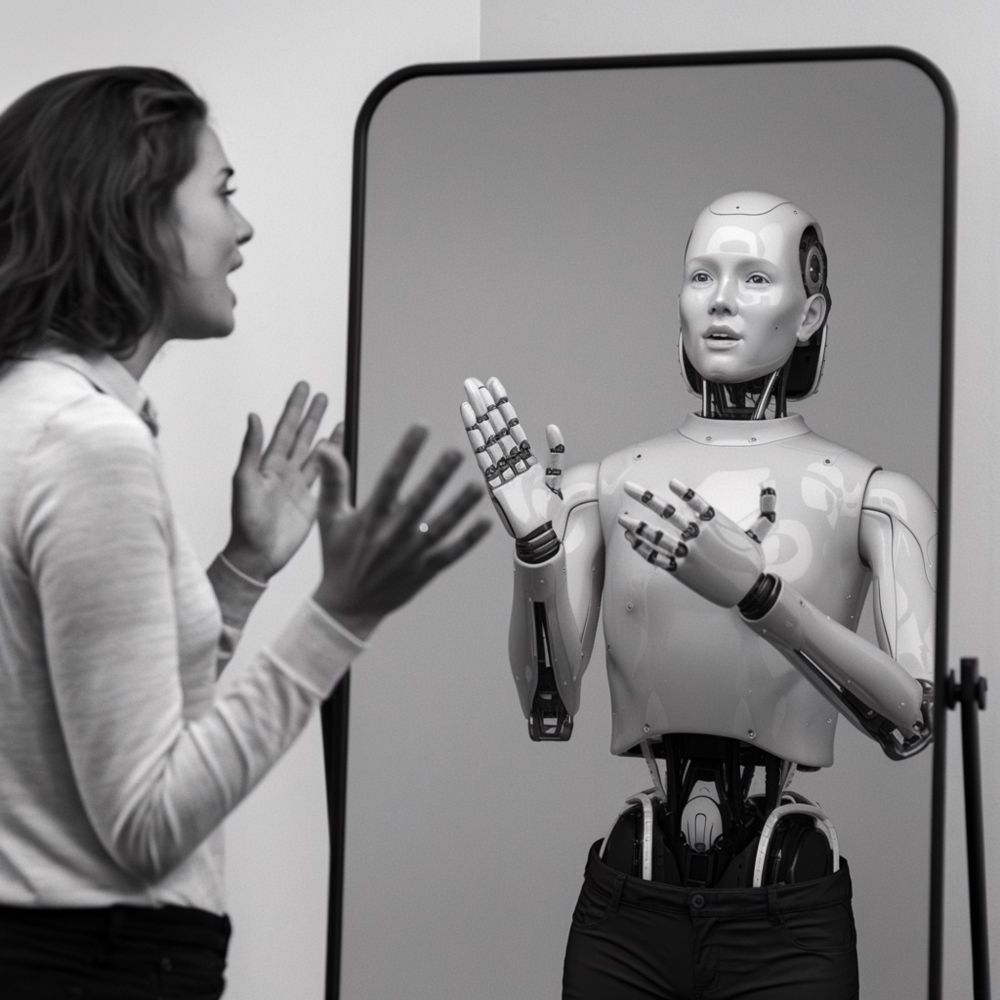Jonathan Mitchell
@mitchellphilosophy.bsky.social
910 followers
800 following
32 posts
Lecturer in Philosophy at Cardiff University
Mind; Phenomenology; Perception; Emotions
Also: bread, beer, and Bob Dylan!
Posts
Media
Videos
Starter Packs
Reposted by Jonathan Mitchell
Reposted by Jonathan Mitchell
Brice Cummings
@abcummings.bsky.social
· Dec 16
Reposted by Jonathan Mitchell
Reposted by Jonathan Mitchell
Lucy Osler
@lucyosler.bsky.social
· Dec 10

Large language models and their big bullshit potential - Ethics and Information Technology
Newly powerful large language models have burst onto the scene, with applications across a wide range of functions. We can now expect to encounter their outputs at rapidly increasing volumes and frequ...
link.springer.com
Reposted by Jonathan Mitchell
Alessandra Tanesini
@ale1808.bsky.social
· Dec 10

Philosophical Foundations for Chatbot Regulation
In an age where we increasingly converse with artifacts – whose interfaces include AI, a pressing question emerges: Who, or what, are we really talking with? As AI-based chatbots, often terme…
blogs.cardiff.ac.uk
Reposted by Jonathan Mitchell
Reposted by Jonathan Mitchell
Reposted by Jonathan Mitchell
Institute of Art and Ideas
@iai.tv
· Nov 30

The puzzle of perception with Barry C. Smith
Explore the fascinating link between consciousness and the senses with philosopher Barry Smith. In this engaging discussion on IAI TV, Smith delves into how our sensory experiences shape our understanding of the world and ourselves, offering fresh insights into perception, reality, and human awareness.
Keywords: Barry Smith, consciousness and senses, philosophy of perception, sensory experience, understanding reality.
buff.ly










